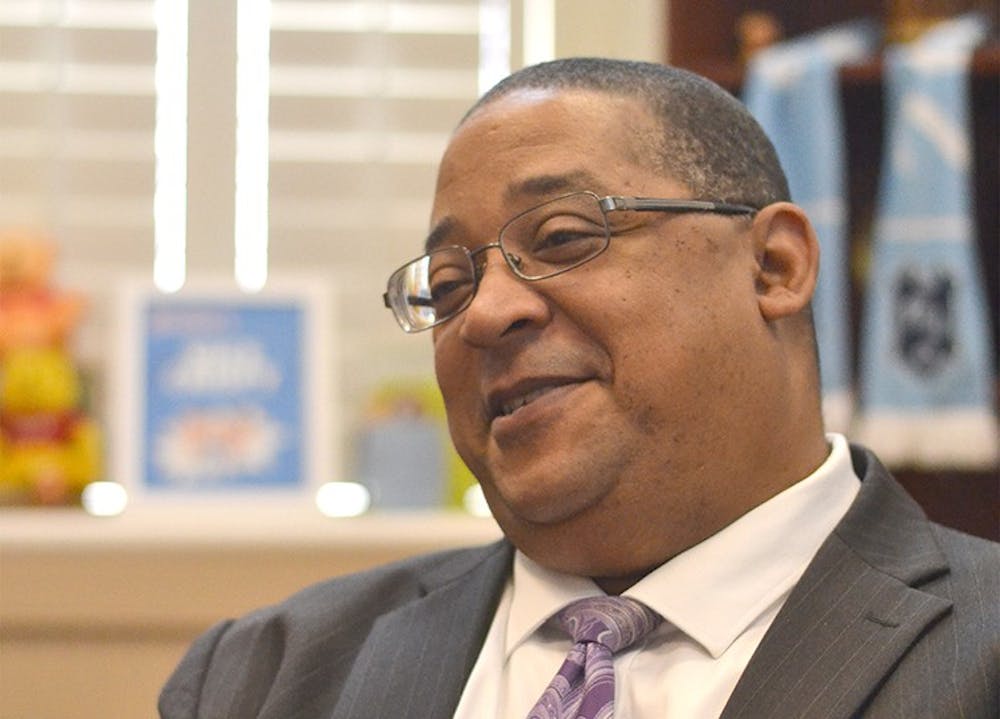In the issue of the “separation” between the graduate and the undergraduate student governments, our editorial board believes the chief issue at stake is our self-governance. The centuries-old tradition of student leadership suffered a serious threat over winter break while many students were miles away from campus.
Over the past year, our student body has voted on two student referendums on this issue. Our board has debated the merits of both proposals and written our consensuses. In both referendums, our students voted for our government to stay together. The elections were perhaps biased toward undergraduates winning because there simply are more undergraduate students than graduate students. This is an issue that should have been addressed, but right now we have bigger problems.
Above any of our own opinions, we respect the results of student elections. But over the winter break, these results were challenged — by our own administration. In early January, Vice Chancellor Winston Crisp emailed the leaders in the undergraduate and graduate student governments, unilaterally instructing them to separate into two governments.
We must realize, crucially, that student government does not have to separate. Our student government is supposed to be self-governing. We have one grave issue with Crisp’s letter: It’s not democratic. In fact, it sets a dangerous precedent of administrative control.
Students did not vote for this and, in fact, decided this issue already in not one but two elections. Administrators may not simply send letters to our student government that dictate the future of our self-governance. Administrators may not unilaterally override the decisions students cast in the ballot box. We won’t stand for that. Cole Simons, Dylan Russell and Bradley Opere are not bound to follow Crisp’s letter; they are well within their rights to simply reject Crisp’s injunction. It’s a piece of paper that carries no weight unless they give in to it.
The representatives of our student government have failed us at the moment when the administration’s attempted overreach of power threatens the future of student leadership. If Simons, Russell and Opere are working directly against the popular will by capitulating to Crisp’s letter requesting the government split, they can no longer claim to be truly representative of our student body. If they give in, they act as technocrats under the thumb of a more powerful administration. As a board, we expected better from these representatives. We hoped they would resist the administration’s overreach signaled by Crisp’s letter. We were wrong.
The interests of the administration are no longer synonymous with the interests of students. By its actions, the administration shows it is not concerned with creating spaces for students to flourish. They are concerned with abstractions, creating spaces for entrepreneurship and social innovation to flourish. But where are the students? It becomes clear in moments like this that the students were not lost; instead, our representatives have ignored students’ needs in favor of the administration. We can’t let it happen in this case. Regardless of your opinion on the separation, we recommend that you, students, demand that your representatives uphold our independence.
Now, more than ever, the autonomy of our student government is critical. At a juncture when our administration has become more and more ensnared in the politics of the General Assembly, student self-governance is the one outlet that only we, the students, can decide.
In a week when our administration hesitates to even commit to protecting its own international and undocumented students against state intervention, the need for our autonomy could not be clearer.



